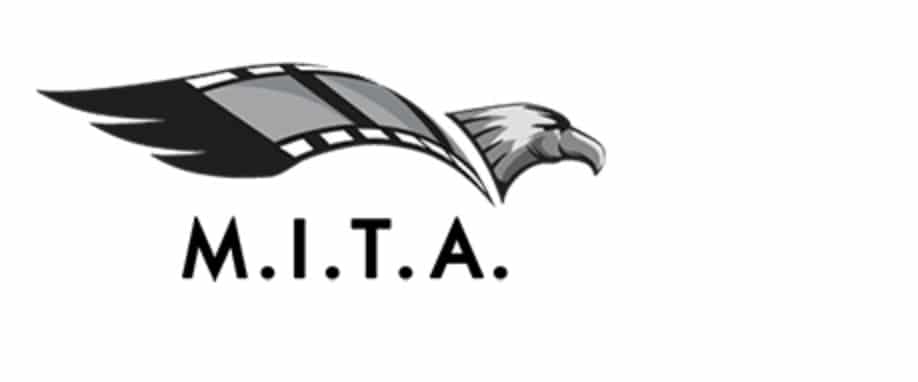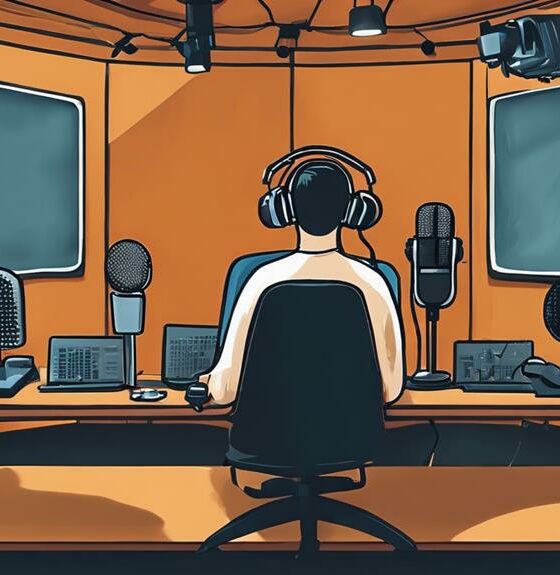Frank Lehman
Music Theory Through the Lens of Film by Frank Lehman
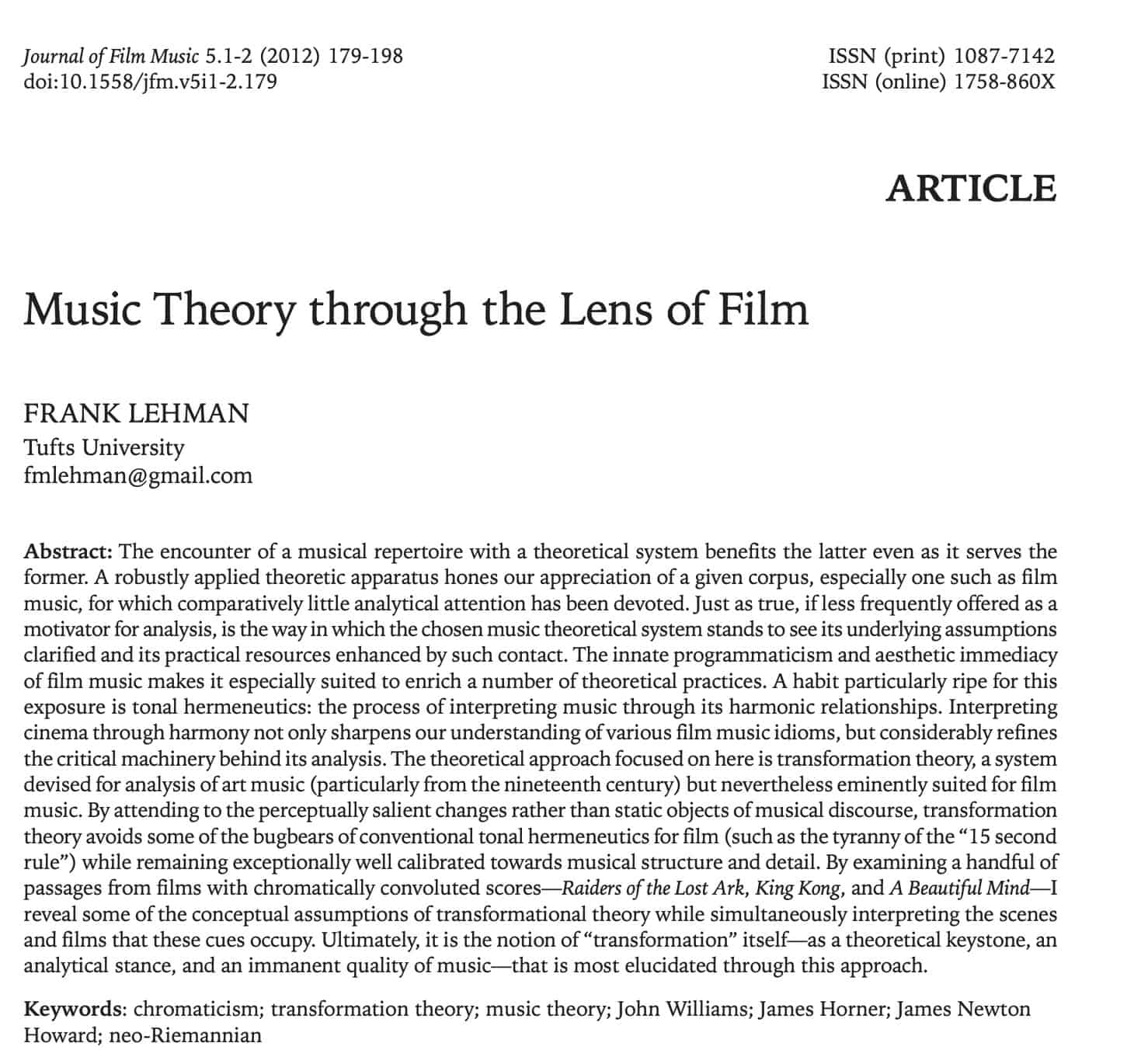
Frank Lehman’s Paper Music Theory Through the Lens of Film
The encounter of a musical repertoire with a theoretical system benefits the latter even as it serves the former. A robustly applied theoretic apparatus hones our appreciation of a given corpus, especially one such as film music, for which comparatively little analytical attention has been devoted. Just as true, if less frequently offered as a motivator for analysis, is the way in which the chosen music-theoretical system stands to see its underlying assumptions clarified and its practical resources enhanced by such contact. The innate programmatic and aesthetic immediacy of film music makes it especially suited to enrich a number of theoretical practices.

A habit particularly ripe for this exposure is tonal hermeneutics: the process of interpreting music through its harmonic relationships. Interpreting cinema through harmony not only sharpens our understanding of various film music idioms but considerably refines the critical machinery behind its analysis. The theoretical approach focused on here is transformation theory, a system devised for analysis of art music (particularly from the nineteenth century) but nevertheless eminently suited for film music. By attending to the perceptually salient changes rather than static objects of musical discourse, transformation theory avoids some of the bugbears of conventional tonal hermeneutics for film (such as the tyranny of the “15-second rule”) while remaining exceptionally well-calibrated towards musical structure and detail.
By examining a handful of passages from films with chromatically convoluted scores—Raiders of the Lost Ark, King Kong, and A Beautiful Mind—Frank Lehman reveals some of the conceptual assumptions of transformational theory while simultaneously interpreting the scenes and films that these cues occupy. Ultimately, it is the notion of “transformation” itself—as a theoretical keystone, an analytical stance, and an immanent quality of music—that is most elucidated through this approach.
Expert Guides
Frank Lehman’s Paper Film-as-Concert Music and the Formal Implications of ‘Cinematic Listening’

Frank Lehman discusses what it means for film music – subordinated, contingent, ‘unheard’ – to be plucked from its intended context and placed at the forefront of the listener’s attention?

The tradition of excerpting and arranging movie scores for the concert hall poses this question sharply. While scholarship on ‘cinematic listening’ has picked up in recent years, the specifically music-theoretical issues raised by this repertoire have been largely unaddressed. In this article, Frank argues that film-as-concert music presents hearing ‘cinematically’ as a valid alternative to structural modes of listening, a form of hearing that subverts both naive formalism and reflexive anti-formalism. Following a discussion of theoretical and interpretative priorities for analyzing film-as-concert music, he begins an investigation of a subset of the film-as-concert corpus: stand-alone scherzi originating from action set pieces. More than any other type of underscore, action cues answer to dramatic, editorial, and visual imperatives rather than to ‘absolute’ logic.
Composing
Film-as-Concert Music and the Formal Implications of ‘Cinematic Listening’ by Frank Lehman

Film-as-Concert Music and the Formal Implications of ‘Cinematic Listening’ by Frank Lehman
Hearing the Inaudible
What does it mean for film music – subordinated, contingent, ‘unheard’ – to be plucked from its intended context and placed at the forefront of the listener’s attention? The tradition of excerpting and arranging movie scores for the concert hall poses this question sharply. While scholarship on ‘cinematic listening’ has picked up in recent years, the specifically music-theoretical issues raised by this repertoire have been largely unaddressed.

In this article, Frank Lehman argues that film-as-concert music presents hearing ‘cinematically’ as a valid alternative to structural modes of listening, a form of hearing that subverts both naive formalism and reflexive anti-formalism. Following a discussion of theoretical and interpretative priorities for analyzing film-as-concert music, Frank begins an investigation of a subset of the film-as-concert corpus: stand-alone scherzi originating from action set pieces.
More than any other type of underscore, action cues answer to dramatic, editorial, and visual imperatives rather than to ‘absolute’ logic. His core data emerges from a detailed study of John Williams’s film and concert scherzi, with short analyses of cues/pieces from E.T., the Indiana Jones movies, and Star Wars. Frank Lehman’s approach emphasizes the way in which formal alterations bring about drastically different ways of hearing the work tonally and expressively across multiple versions. A larger-scale case study of ‘The Asteroid Field’ from The Empire Strikes Back serves to demonstrate the tonal, sectional, and narrative transformations that occur between the movie theatre and concert hall. To conclude, Frank proposes that the film-as-concert mindset can be transferred to filmgoing itself, as a new mode of cinematic listening.
-
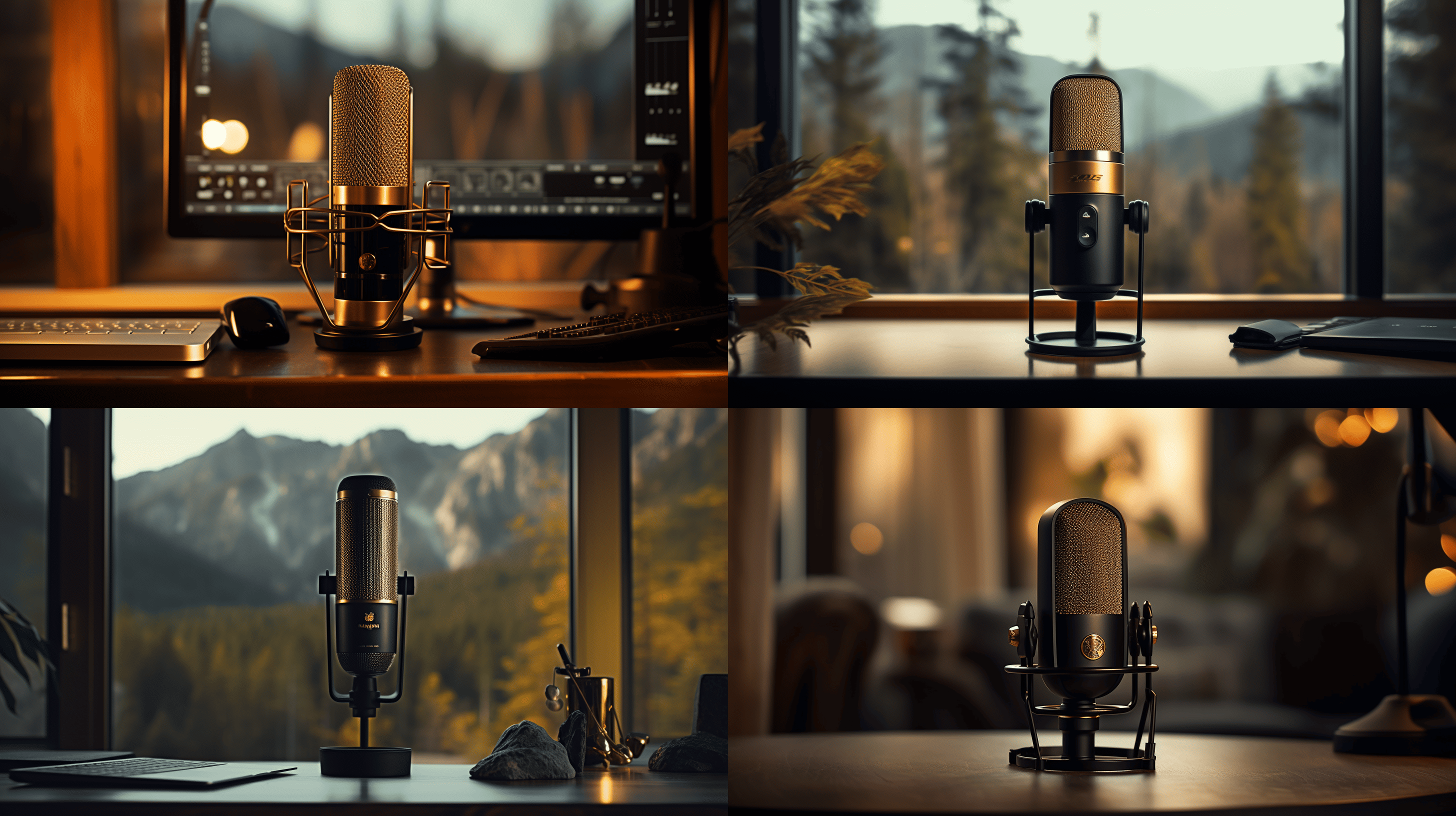
 Microphone3 days ago
Microphone3 days agoUnleash Your Inner Podcaster: Discover the Best Microphone for Crisp, Clear Audio
-

 Music Theory6 days ago
Music Theory6 days agoUnlocking Nature’s Harmony: The Power of 432 Hz Frequency in Sound & Music for Enhanced Living and Well-Being
-
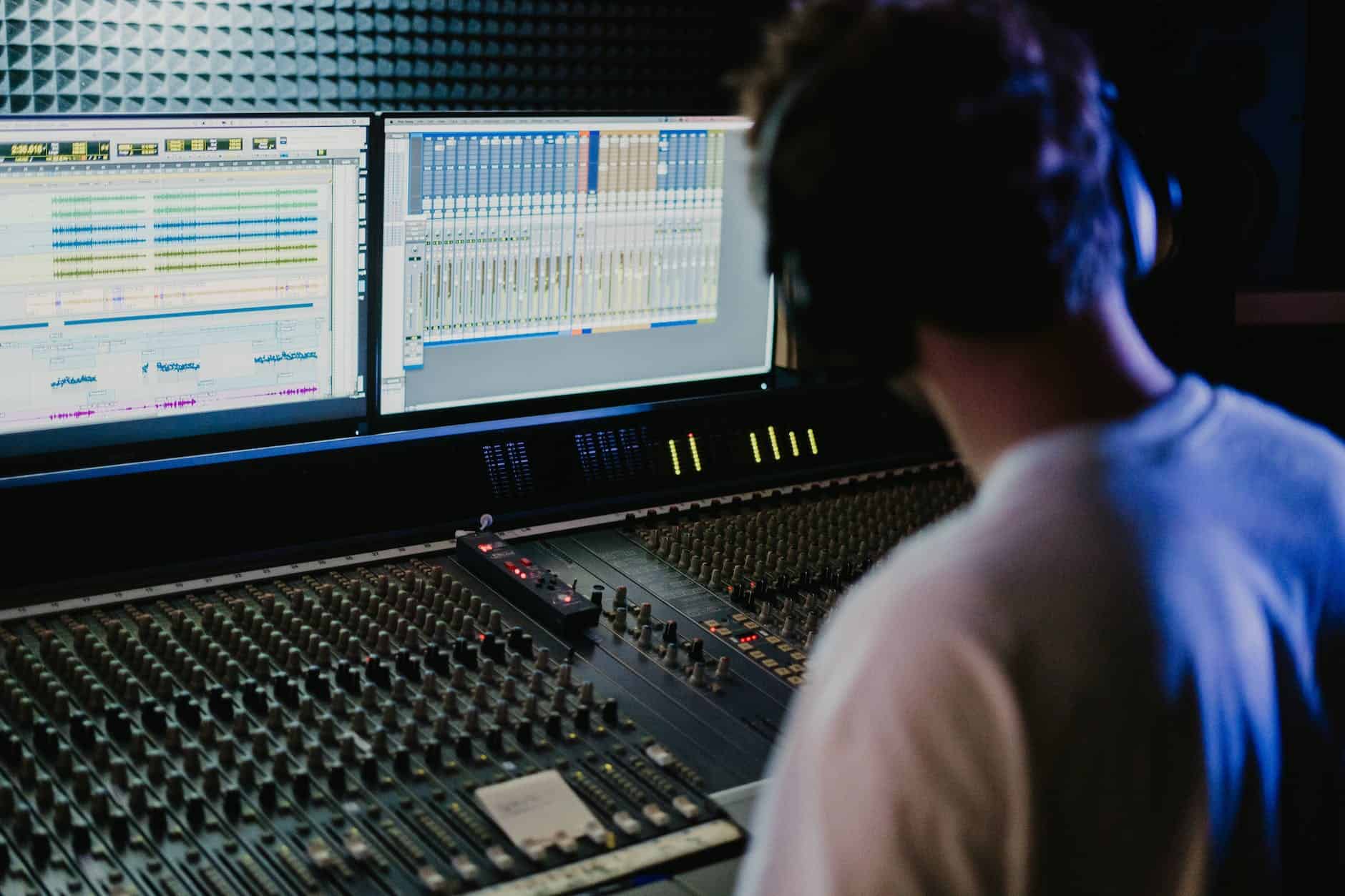
 Sound Design1 week ago
Sound Design1 week agoWhat Is the Difference Between a Sound Engineer and A Sound Designer?
-

 Native Instruments Kontakt6 days ago
Native Instruments Kontakt6 days agoVOCAL AI – Animated Intelligence: The Ultimate Vocal Playground
-
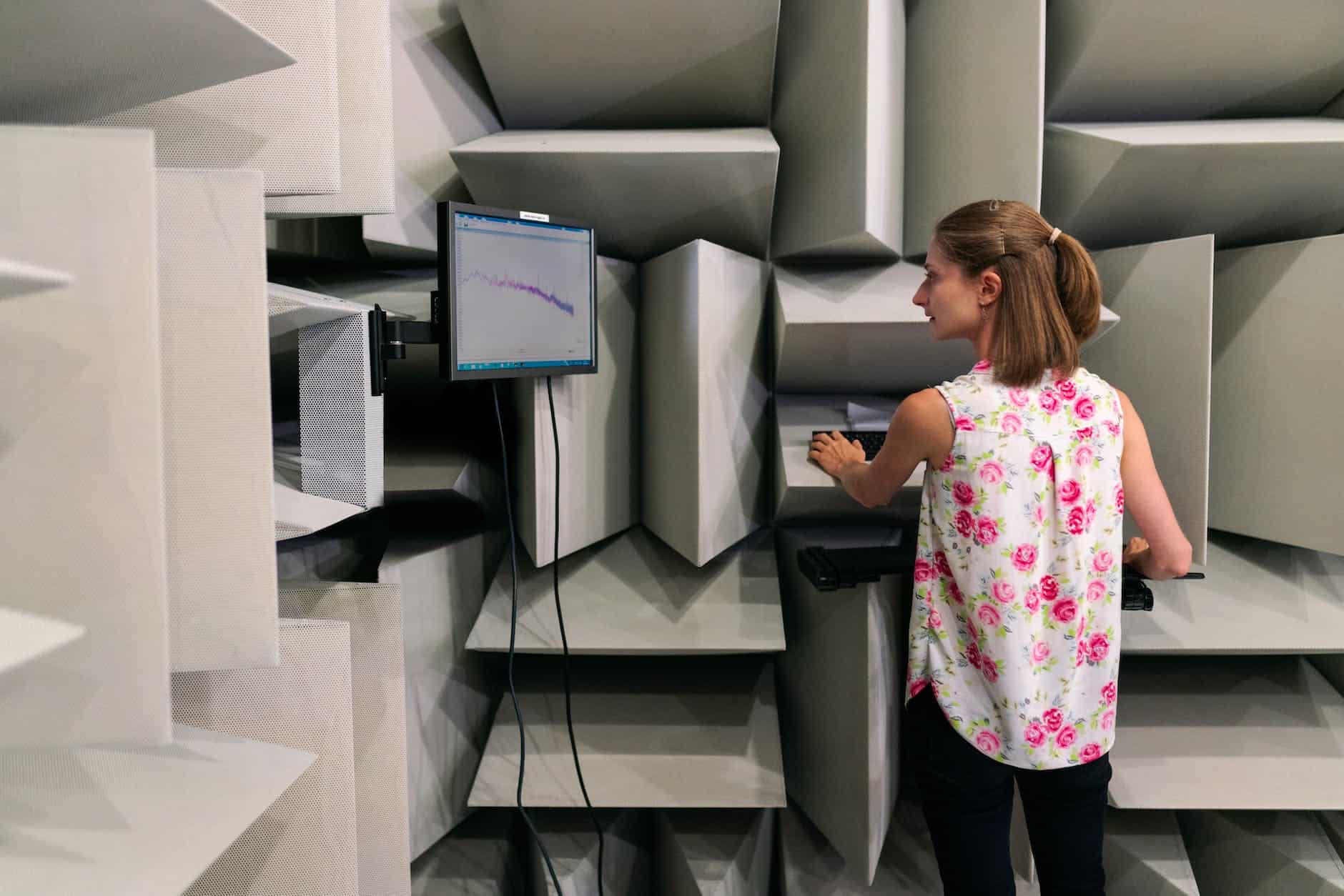
 Sound Design1 week ago
Sound Design1 week agoWhy Sound Engineer
-

 Composing4 days ago
Composing4 days agoMUTILATED NOISE by SampleTraxx: The Next Generation Sound Collection
-

 Expert Guides3 months ago
Expert Guides3 months agoOptimize Your Space with Room Acoustic Treatment
-

 AI Generator3 months ago
AI Generator3 months agoCan Film Cameras Use Any Film?


